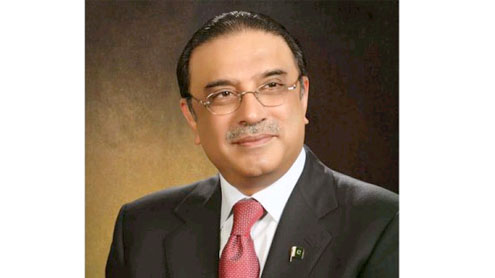
DUBAI: Increasing rates of obesity, hormone use and improved reporting in developing countries has contributed to an increase in the number of breast cancer cases.
The incidence of breast cancer is on the rise in developing countries as well as developed countries, but probably for different reasons said experts at the Breast Cancer Conference which opened on April 1 at the Obs-Gyne Exhibition and Congress 2012, in Dubai.“In developing countries, such as the UAE, improvements in reporting breast cancer cases may contribute to the increasing figures,” said Dr Richard Reyes, Consultant Breast and General Surgeon, and Chair of the conference.
“Mortality is decreasing as screening programmes are finding breast cancer earlier and treatments are improving. Also, breast cancer in older women tend to be less aggressive and so, as the world’s population ages, more of these milder cancers are emerging.”“In developed countries, the increasing rates of obesity, hormone usage and gene pool damage, all contribute to the increase in cases of breast cancer,” he added.
The lack of accurate figures for breast cancer rates in the UAE is a great problem. “There is no real robust system for recording cancer incidence in the UAE, although lots of people are trying to do this. The number of women who die is an even more difficult thing to measure,” says Dr Reyes.
“Some of the problems with trying to gather this kind of data are that women often see unspecialised doctors who do not report the cancers, and women often move back to their country of origin so they are lost to follow-up.”Every woman should have a breast cancer risk assessment and calculation performed by an experienced surgeon as experts says that it is possible to reduce the risk once you have been identified to be at high risk.“Older women are at higher risk as breast cancer is stimulated by the female hormone estrogen,” explains Dr Reyes. “Other things that will increase your baseline risk of sporadic cancers include being taller, being overweight, a lack of exercise, drinking alcohol and smoking.
Genetics is another major risk factor as everyone carries the breast cancer genes BRCA1 and BRCA2. “Studies have shown that ultrasound is very poor at screening and may miss as many as 70 per cent of cancers of the breast. There is still a lot of debate as to whether MRI is useful. It might be in younger high risk women but it has to be interpreted with real caution,” he explained.The technology that will revolutionise breast screening in the future is a PET scanner, he added. – Khaleejnews












